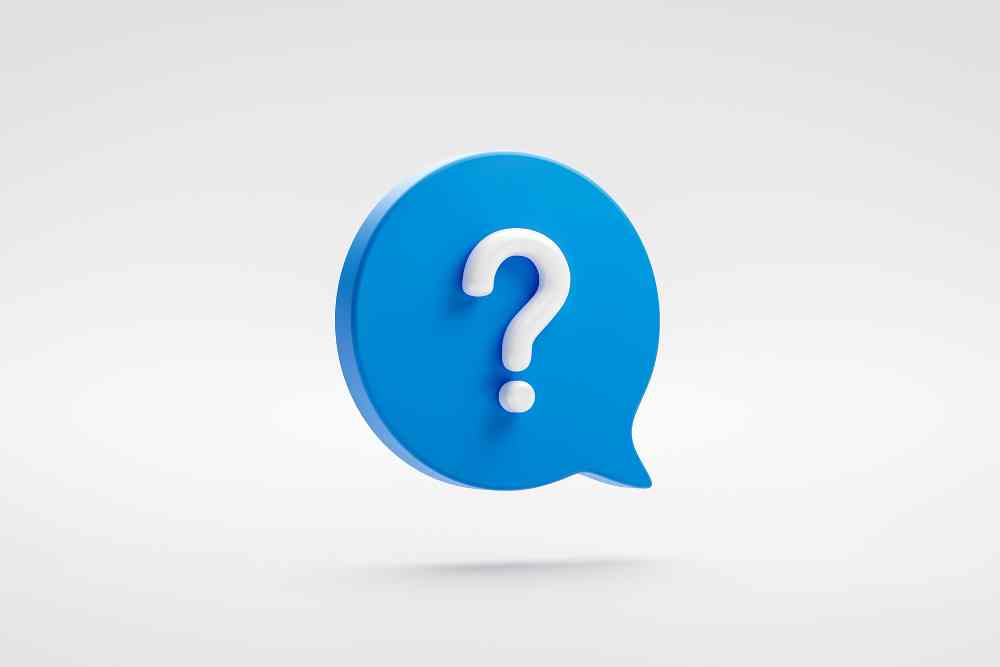Utilizing CRM for Customer Targeting

Customer Relationship Management (CRM) is a powerful tool that can revolutionize the way businesses interact with their customers. By leveraging CRM for customer targeting, businesses can gain valuable insights into their customer base, personalize their marketing efforts, and ultimately drive sales. In this article, we will explore the benefits of utilizing CRM for customer targeting and provide practical examples and case studies to illustrate its effectiveness.
The Power of CRM in Customer Targeting
CRM systems are designed to centralize and organize customer data, making it easier for businesses to understand their customers and tailor their marketing strategies accordingly. By utilizing CRM for customer targeting, businesses can:
- Segment their customer base
- Personalize marketing campaigns
- Improve customer retention
- Identify cross-selling and upselling opportunities
- Enhance customer satisfaction
Segmenting the Customer Base
One of the key benefits of utilizing CRM for customer targeting is the ability to segment the customer base. By categorizing customers into different groups based on demographics, purchase history, or behavior, businesses can create targeted marketing campaigns that resonate with specific customer segments.
For example, a clothing retailer can use CRM data to identify customers who have previously purchased winter coats. By segmenting these customers, the retailer can send personalized emails or offers for new winter coat arrivals, increasing the likelihood of a purchase.
Personalizing Marketing Campaigns
Personalization is a crucial aspect of effective marketing. By utilizing CRM for customer targeting, businesses can personalize their marketing campaigns based on individual customer preferences, purchase history, and behavior.
For instance, an e-commerce platform can use CRM data to identify customers who frequently purchase beauty products. By analyzing their purchase history and preferences, the platform can send personalized recommendations or discounts for new beauty products, increasing customer engagement and driving sales.
Improving Customer Retention
CRM can also play a significant role in improving customer retention. By analyzing customer data stored in the CRM system, businesses can identify customers who are at risk of churning and take proactive measures to retain them.
For example, a subscription-based software company can use CRM data to identify customers who have not logged into their accounts for a certain period. By sending personalized emails offering assistance or exclusive discounts, the company can re-engage these customers and reduce churn rates.
Identifying Cross-Selling and Upselling Opportunities
CRM data can provide valuable insights into cross-selling and upselling opportunities. By analyzing customer purchase history and behavior, businesses can identify products or services that are frequently purchased together or have a high potential for upselling.
For instance, a telecommunications company can use CRM data to identify customers who have recently purchased a new smartphone. By analyzing their purchase history, the company can offer personalized recommendations for accessories or additional services, such as insurance or extended warranties.
Enhancing Customer Satisfaction
Utilizing CRM for customer targeting can also enhance customer satisfaction. By understanding customer preferences, purchase history, and support interactions, businesses can provide a more personalized and tailored experience to their customers.
For example, a hotel chain can use CRM data to identify customers who frequently book rooms with specific amenities, such as a sea view or a spa. By ensuring that these preferences are met during future bookings, the hotel can enhance customer satisfaction and loyalty.
Real-World Examples and Case Studies
Let’s explore some real-world examples and case studies that highlight the effectiveness of utilizing CRM for customer targeting:
Example 1: Amazon
Amazon, the e-commerce giant, is renowned for its personalized recommendations. By utilizing CRM data, Amazon analyzes customer purchase history, browsing behavior, and preferences to provide personalized product recommendations. This targeted approach has significantly contributed to Amazon’s success, with studies showing that personalized recommendations account for up to 35% of the company’s revenue.
Example 2: Starbucks
Starbucks, the global coffee chain, leverages CRM to enhance customer loyalty and satisfaction. Through their mobile app, Starbucks collects customer data, including purchase history and preferences. This data is then used to send personalized offers, rewards, and recommendations to customers, resulting in increased customer engagement and loyalty.
Case Study: Salesforce
Salesforce, a leading CRM provider, offers a comprehensive suite of CRM tools that enable businesses to effectively target their customers. One case study involves a financial services company that utilized Salesforce CRM to segment their customer base and personalize their marketing campaigns. As a result, the company experienced a 30% increase in customer engagement and a 20% increase in sales.
Get Your FREE 14-Day Trial and Take Your Business To The Next Level with an All-In-One Sales and Marketing Platform for businesses, agencies and marketers.
Utilizing CRM for customer targeting can provide businesses with a competitive edge by enabling them to understand their customers better and tailor their marketing efforts accordingly. By segmenting the customer base, personalizing marketing campaigns, improving customer retention, identifying cross-selling and upselling opportunities, and enhancing customer satisfaction, businesses can drive sales and foster long-term customer relationships.
CRM has proven to be effective in various industries, as demonstrated by examples such as Amazon and Starbucks. Additionally, case studies, like the one involving Salesforce, highlight the tangible benefits that businesses can achieve by leveraging CRM for customer targeting.
As businesses strive to optimize their sales and marketing efforts, utilizing CRM for customer targeting is a strategy that should not be overlooked. By implementing a robust CRM system, businesses can unlock valuable insights, improve customer engagement, and ultimately drive revenue.
Visit https://SaasExpert.ca – Your All-In-One Sales and Marketing Platform for small businesses, agency owners, and marketers to learn more about how CRM can revolutionize your customer targeting strategies.
Learn more about “Strategies for Segmenting Customer Data” here.
Frequently Asked Questions about Utilizing CRM for Customer Targeting

🎯 What Is Customer Targeting and How Can a CRM Help in Achieving It?
Customer targeting is the practice of identifying and reaching out to specific subsets of your audience most likely to convert. It’s basically matchmaking for business—connecting the right product to the right customer. 🤝
A CRM (Customer Relationship Management) system helps streamline this process. With features like data analytics and customer profiling, a CRM can identify which customers are ripe for the picking. Once you know who you’re aiming for, you can craft killer, high-converting campaigns specifically tailored for them. 💌
🛠 What Tools Within a CRM System Are Essential for Effective Customer Targeting?
You’re ready to aim, but you need the right bow and arrow. So, what tools within a CRM should you focus on? 🏹
Data Analytics: CRMs come packed with analytics tools that dig deep into customer behaviors, preferences, and past interactions with your brand. 📊
Segmentation Features: Use these to divide your customer base into targetable groups based on multiple criteria, from demographics to purchase history. 🌐
Personalization Tools: These tools allow you to tailor messages, offers, and experiences based on individual customer profiles. 👓
Automated Marketing Campaigns: Once you’ve identified targets and crafted messages, automation tools can send these out at the optimal times. ⏰
🌟 What Are the Benefits of Using CRM for Customer Targeting?
Ready to transform your marketing game? Using CRM for customer targeting offers unbeatable advantages. 🌈
Hyper-Personalization: Customized marketing messages resonate better with potential customers, driving up engagement and conversion rates. 📈
Cost-Efficiency: By targeting only those most likely to convert, you reduce waste and make the most of your marketing budget. 💵
Improved Customer Retention: Personalized experiences make customers feel valued, increasing loyalty and lifetime value. 🤗
Data-Driven Decision-Making: Your CRM provides concrete, actionable data, making it easier to adapt and improve strategies over time. 🎯
😕 Are There Any Pitfalls to Be Aware Of?
While CRM systems offer a wide range of benefits, there are some pitfalls to keep an eye on. 😬
Data Quality: Garbage in, garbage out. Make sure your data is accurate and up-to-date for effective targeting. 🗑️
Over-Targeting: There’s such a thing as too much personalization. Keep it relevant but not creepy. 🕵️♀️
Cost: Advanced CRM systems with robust features can be expensive. Make sure the ROI justifies the cost. 💸
📏 How Can I Measure the Success of My Customer Targeting Efforts?
You’ve taken the shot, now did you hit the bullseye? 🎯
Key KPIs for measuring success include:
Conversion Rates: A rise in conversion rates is often the most direct indicator of successful targeting. 📈
Customer Engagement: Higher open rates, more clicks, and increased website interaction are good signs. 👍
ROI: Ultimately, you’re looking for a strong return on your investment. If you’re spending less on acquiring customers who spend more, you’re on the right track. 💰
By continuously monitoring these metrics, you can fine-tune your targeting strategies and aim for ever-greater success. 🚀






